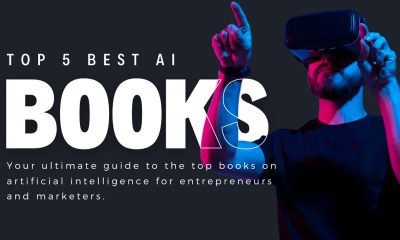Investing
Boeing urges inspections of newer 737 MAX aircraft for possible loose bolt

Boeing (BA) urges inspections of newer 737 MAX aircraft for possible loose bolt
Plane manufacturing giant Boeing (NYSE:) has urged airlines to inspect more recent 737 MAX aircraft for a possible loose bolt in the rudder control system, the Federal Aviation Administration (FAA) said.
Under consultation with the FAA, Boeing is said to have issued a Multi-Operator Message (MOM) urging operators of the newer single-aisle planes to “inspect specific tie rods that control rudder movement for possible loose hardware.”
The FAA revealed it is closely monitoring targeted inspections of Boeing 737 MAX airplanes and will consider additional action based on any further discovery of loose or missing hardware.
They added that Boeing urged the inspections after an international operator found a bolt with a missing nut while performing routine maintenance. Boeing then discovered an additional undelivered aircraft with a nut that was not properly tightened.
In comments reported by Reuters, Boeing reportedly said the issue identified on the particular airplane “has been remedied.”
“Out of an abundance of caution, we are recommending operators inspect their 737 MAX airplanes and inform us of any findings,” they are said to have added. “We informed the FAA and our customers and will continue to keep them aware of the progress.”
Read the full article here

-

 Side Hustles6 days ago
Side Hustles6 days ago5 Things That Could Significantly Impact Your Company in 2025
-

 Investing6 days ago
Investing6 days agoNFI Group surge after board reshaped with new appointments, chairperson By Investing.com
-

 Side Hustles4 days ago
Side Hustles4 days agoMicrosoft Is About to Begin Job Cuts. Here’s Why.
-

 Side Hustles7 days ago
Side Hustles7 days agoHow Failing 22 Times Paved the Way to My Success
-

 Passive Income5 days ago
Passive Income5 days ago3 Challenges Entrepreneurs Will Face in 2025
-

 Side Hustles7 days ago
Side Hustles7 days ago3 Strategies to Make Your Next Campaign Go Viral
-

 Make Money3 days ago
Make Money3 days ago10 Critical Questions to Ask Your Financial Advisor Now
-

 Side Hustles5 days ago
Side Hustles5 days agoThe Canadian Media Lawsuit That Could Reshape Tech’s Future


















